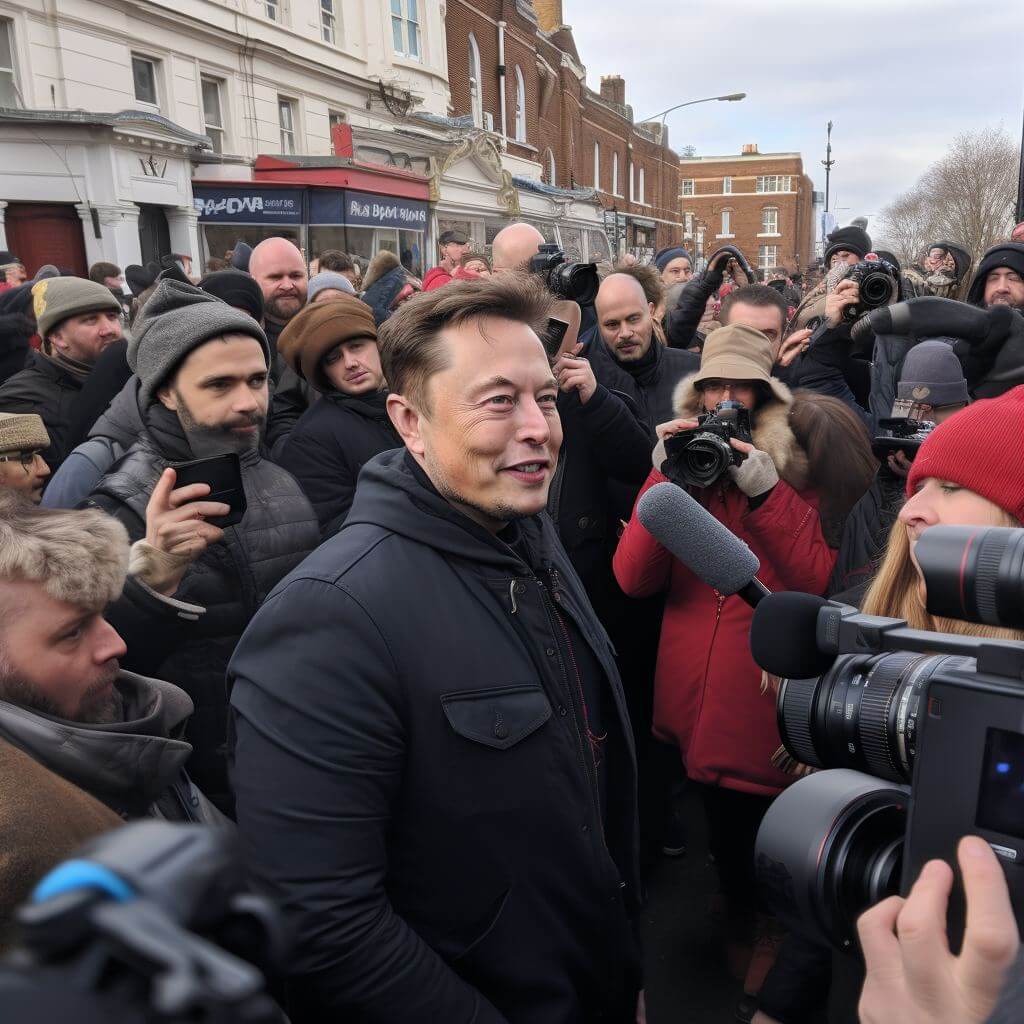As 2023 drew to a close, the technological landscape echoed with the resounding impact of Artificial Intelligence (AI). Now, standing at the threshold of 2024, the narrative unfolds with a tapestry of challenges and possibilities that continue to shape the AI domain. Amidst the uncertainties and debates, industry insiders offer insights into the trajectory AI is set to follow in the coming year. The keyword “AI Predictions” emerges as the beacon guiding discussions that delve into the profound implications AI will have on organizations, investments, and researchers.
AI predictions in 2024 – Navigating challenges and charting new horizons
Sara Hooker, Head of Cohere For AI, a prominent Silicon Valley startup, foresees a transformative year for AI. Addressing a critical concern, Hooker emphasizes the need for a shift from a Western-centric approach in AI development to more inclusive models. She anticipates 2024 to witness a convergence of different AI aspects, such as language, visuals, speech, and images, giving rise to powerful multi-modal AI models.
At Amazon Web Service’s annual gathering, re: Invent 2023, Werner Vogels, Chief Technology Officer of Amazon, unveiled his predictions for 2024. Vogels emphasizes the importance of training AI models with a mix of diverse cultures, aiming to understand people better and contribute to solving global challenges. In an exclusive interview, Vogels shares insights on how countries like India can build inclusive AI models tailored to their unique cultural contexts.
Shifting dynamics and evolving trends
Troubles for Hyped AI Companies and Rise of Open Source – Clem Delangue, CEO of Hugging Face, predicts a challenging year for hyped AI companies. Delangue suggests that some may face severe financial troubles or be acquired for less than their initial valuations. On a positive note, he envisions promising developments in open-source language models, positioning them to compete head-to-head with closed-source counterparts.
Bhasker Gupta, the esteemed CEO of Analytics India Magazine, has sounded the alarm bells regarding the intricate realm of AI manipulation within democratic elections. In a thought-provoking discourse, Gupta delves into the palpable peril posed by artificial intelligence, cautioning against its potentially influential—albeit not necessarily favorable—impact on the intricate tapestry of political outcomes. This prognostication, laden with implications, triggers a maelstrom of discussions revolving around the pivotal theme of “Responsible AI” and the profound repercussions it harbors.
In the domain of cybersecurity, the sagacious Sridhar Muppidi, the Chief Technology Officer of IBM Security, embarks on an insightful exploration of the impending metamorphosis in the role of AI. Muppidi envisages a paradigm shift led by generative AI, poised to unleash a transformative tsunami upon the landscape of threat detection and response. This evolution steers towards a future characterized by predictive threat protection, ushering in a revolutionary juncture for the industry. As the cybersecurity sector braces itself for this pivotal moment, the collective focus converges on the pursuit of achieving prediction at an unprecedented scale.
In the dynamic realm of AI, 2024 emerges as a year of both challenges and breakthroughs. As industry experts navigate the uncharted territories, the question looms: How will the interplay of inclusivity, cultural diversity, and responsible AI shape the future of Artificial Intelligence? The answers unfold as the AI community braces itself for a transformative journey into the unknown, where predictions serve as beacons guiding the way. What are your thoughts on the evolving landscape of AI in 2024?





